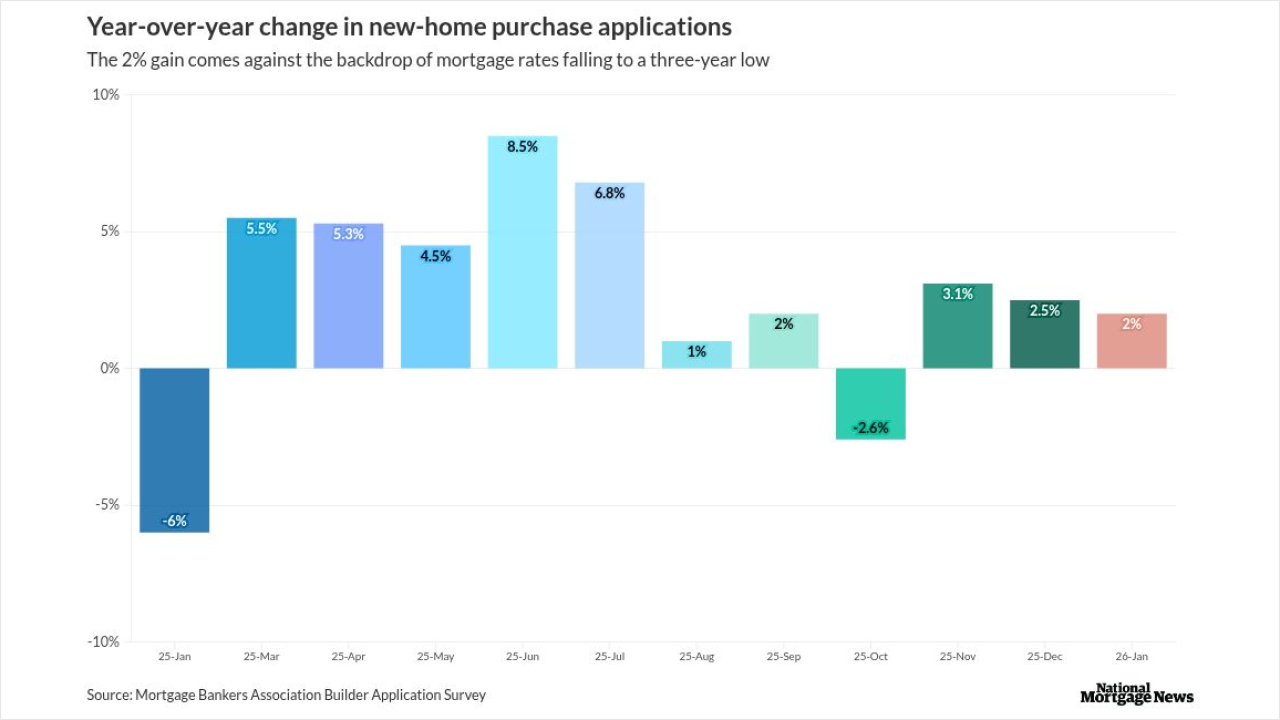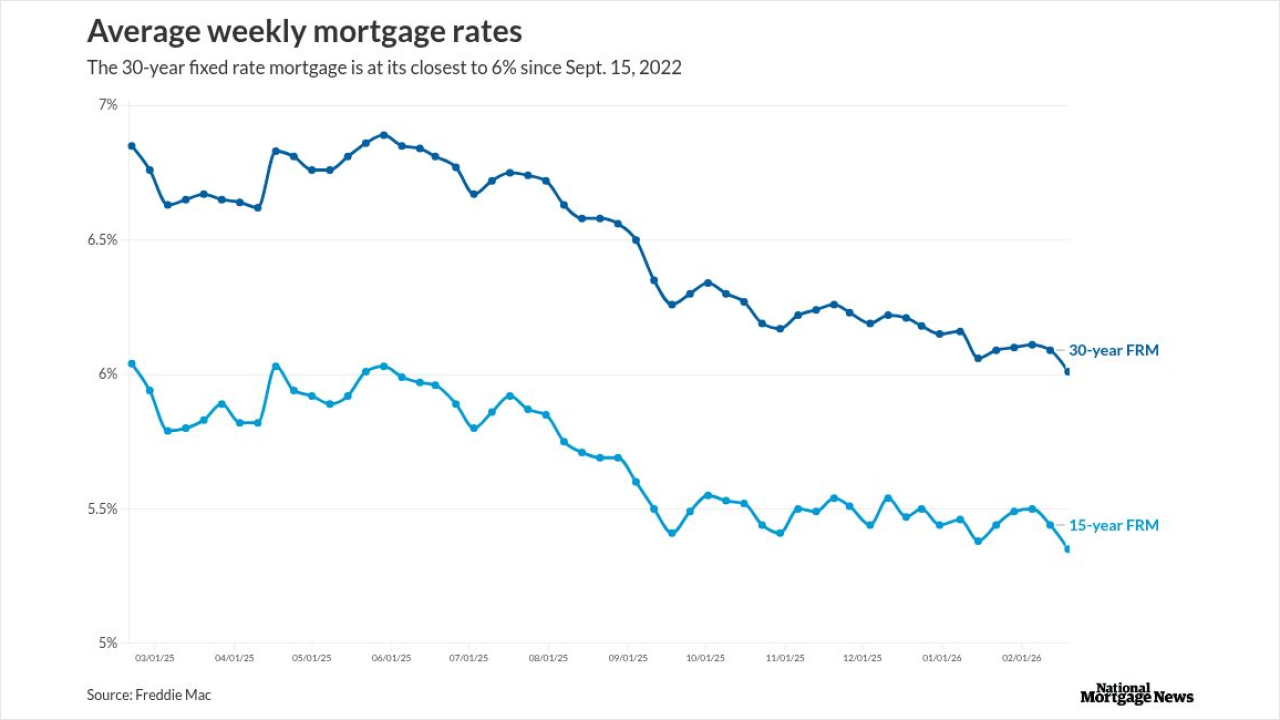The International Swaps and Derivatives Association (ISDA) is still looking for a council of experts that could help mitigate disagreements between credit default swap counterparties about what constitutes a deliverable obligation.
While the actual process that would guide counterparties through resolving disputes is already completed, the search for the right types of experts - namely, those not perceived to harbor a bias - could hold up the implementation of the new guidelines, which may or may not coincide with ISDA's 2007 credit definitions expected out late next year.
"The challenge is, who do you identify who has no conflicts that could serve in that role," said Kimberly Summe, ISDA's general counsel. Credit default swaps that call for physical settlement require the protection buyer to deliver to the seller bonds or loans with a notional amount that matches that of the swap. What is defined as a deliverable obligation, bonds or loans issued by the swap reference entity, can sometimes come under scrutiny. A question as to whether convertible notes would be an acceptable deliverable obligation in the aftermath of power producer Calpine Corp.'s bankruptcy last year prompted the move by ISDA to draw up a set of guidelines for dealing with such disagreements, which are rare, according to ISDA.
"Ninety-nine percent of the time, you are not going to have a disagreement. In the grand scheme of things, the problem is not a recurring one," Summe said. "It happens, we have to address it, but this is not going to be an everyday occurrence."
Dispute resolution
ISDA members had been working during the summer to draw up the set of standards to deal with dispute resolution in regard to deliverable obligations. However, the plans have been overshadowed by an arguably larger move on behalf of the organization - transitioning credit derivatives trades toward cash settlement.
In the aftermath of the U.S. auto parts manufacturer Dura Operating Corp.'s bankruptcy, ISDA last week released the first set of settlement protocols that include a cash settlement option for a wide range of derivative instruments. The 2006 Dura CDS Protocol is the first protocol published by ISDA that permits cash settlement of single-name, index, tranche and other credit derivative transactions. Previous protocols enabled cash settlement only of index trades.
Eventually, the wider availability of cash settlement options will be incorporated in the organization's 2007 credit definitions. Because trades have outpaced the availability of bonds they reference, industry participants have been working toward a permanent trading template that could minimize counterparty risk and provide an option for cash settlement in the event that a physical bond is not available for delivery.
What began as a method for banks to transfer credit risk off their balance sheets, the CDS market has grown to encompass a wide swath of market participants, from CDO issuers to hedge fund managers. The ISDA estimates the total notional size of the CDS market at more than $26 trillion. The market posted an annual 122% gain in dollar volume in 2005, compared to 86% and 71% gains for 2004 and 2003, respectively, according to Fitch Ratings.
(c) 2006 Asset Securitization Report and SourceMedia, Inc. All Rights Reserved.
http://www.asreport.com http://www.sourcemedia.com





